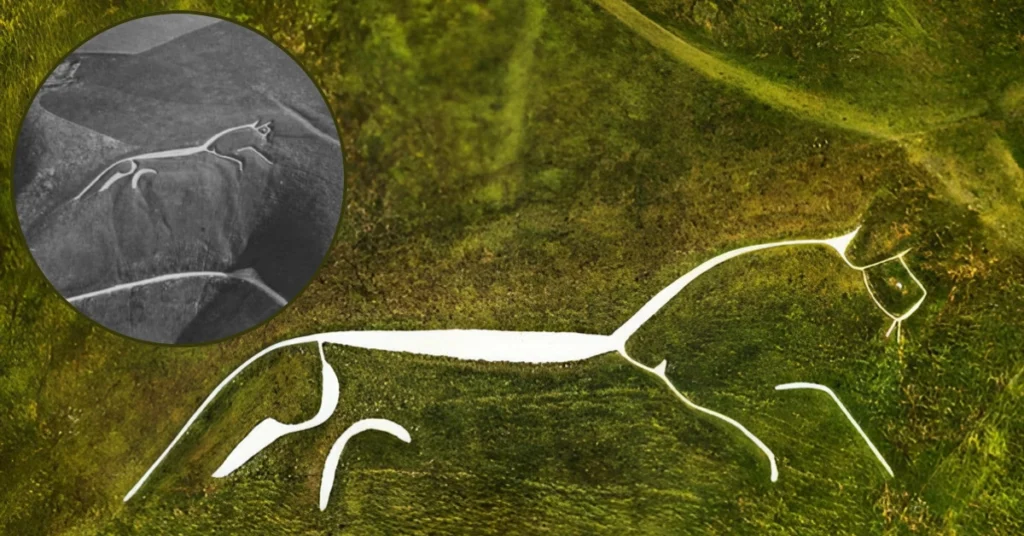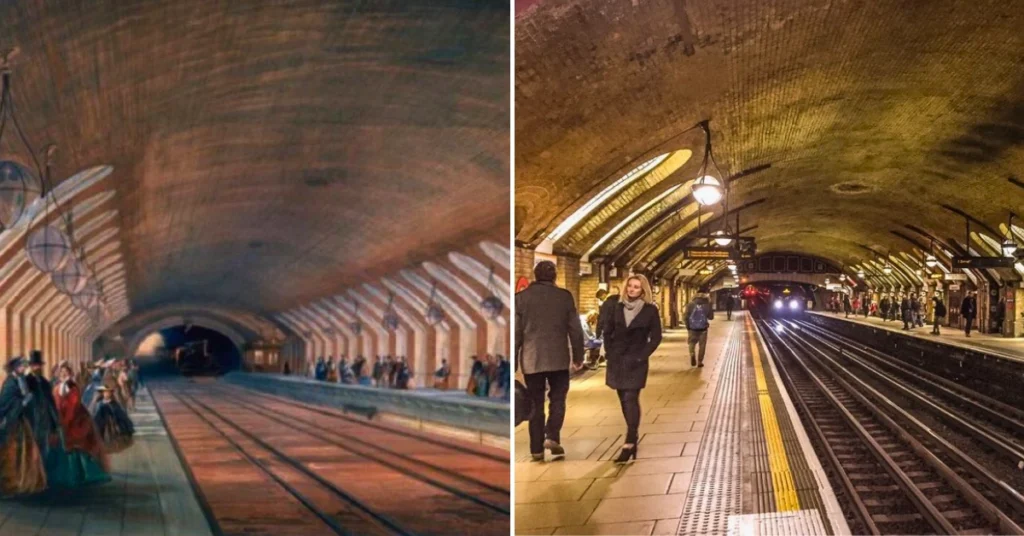Warwick Castle, constructed by William the Conqueror in 1068, is not only famous for its impressive architecture and historical significance but also for its chilling dungeons, including the infamous oubliette. The castle’s dungeon offers a glimpse into the harsh and unforgiving conditions prisoners faced during the medieval period, making it a fascinating yet haunting attraction for visitors.
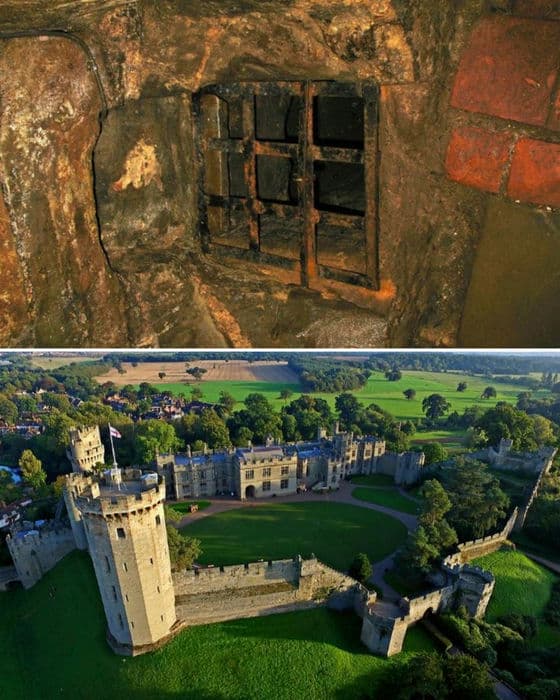
The Oubliette: A Grim Chamber
An oubliette is a specialized type of dungeon, derived from the French word “oublier,” meaning “to forget.” The name reflects the purpose of this dreadful chamber: prisoners were thrown down and abandoned, left to be forgotten.
- Design and Function:
- Entrance: The only access to an oubliette was through a trap door at the top, far out of reach for the prisoner.
- Structure: Often narrow and vertical, it forced prisoners to stand or lie prone, unable to sit or kneel comfortably.
- Conditions: Prisoners could tilt their heads back slightly to see the grate above, but escape was impossible. They were typically lowered into the shaft by a rope, which was then withdrawn, sealing their fate.
- Treatment of Prisoners:
- Abandonment: Most prisoners were left to starve to death. Occasionally, food and water might be thrown down, but survival was rare.
- Physical and Mental Torture: The claustrophobic, dark, and damp conditions were designed to break prisoners both physically and mentally. The oubliette at Warwick Castle, for example, is long, narrow, and paved with jagged stones, forcing the prisoner to endure constant pain.
Warwick Castle’s Dungeon
Warwick Castle’s dungeon, including the oubliette, offers a terrifying glimpse into the past:
- Conditions:
- Dark and Damp: Like most medieval dungeons, it is dark, damp, and dirty, with minimal sanitation.
- Harsh Treatment: Prisoners were kept in chains or cages and often subjected to torture.
- Notable Prisoners:
- Warwick Castle housed many high-profile inmates. One of the most famous was Edward IV, imprisoned in 1469 during the Wars of the Roses by Richard Neville, the Earl of Warwick.
- Design Evolution:
- While Norman keeps originally lacked purpose-built prisons, such features became more common after the 12th century, often incorporated into gatehouses or mural towers. Warwick Castle’s dungeon is a prime example of this evolution.
Modern-Day Attraction
Today, Warwick Castle’s dungeon is a popular attraction, providing a spine-chilling experience that is not for the faint-hearted:
- Tours and Attractions:
- The Castle Dungeon: A thrilling tour that transports visitors back to the era of the Plague, featuring actors portraying historical figures such as the Plague Doctor and the Torturer.
- Educational and Entertaining: The tours are designed to be both educational and entertaining, offering a blend of historical facts and engaging performances.
- Visitor Reviews:
- Highly Rated: Warwick Castle receives excellent reviews on TripAdvisor. Visitors praise the knowledgeable and entertaining tour guides, particularly highlighting the engaging performances and historical insights provided by guides like Andrew from the history team.
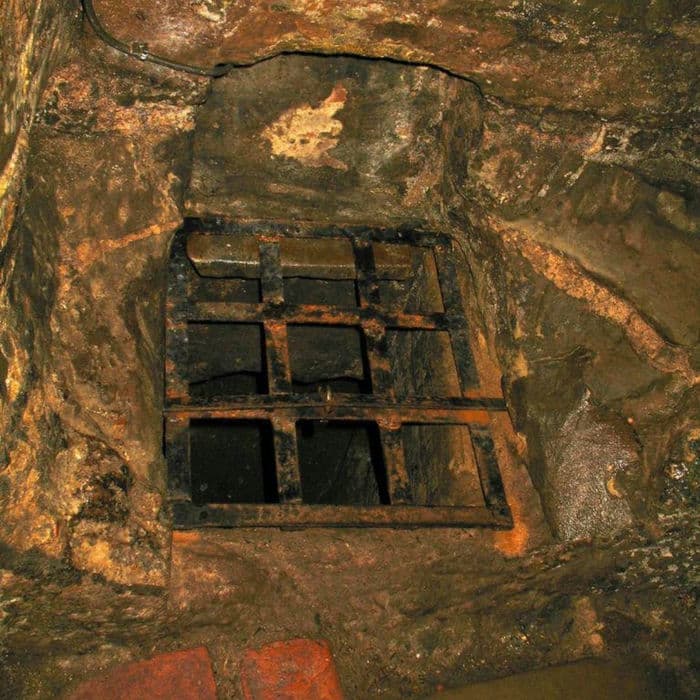
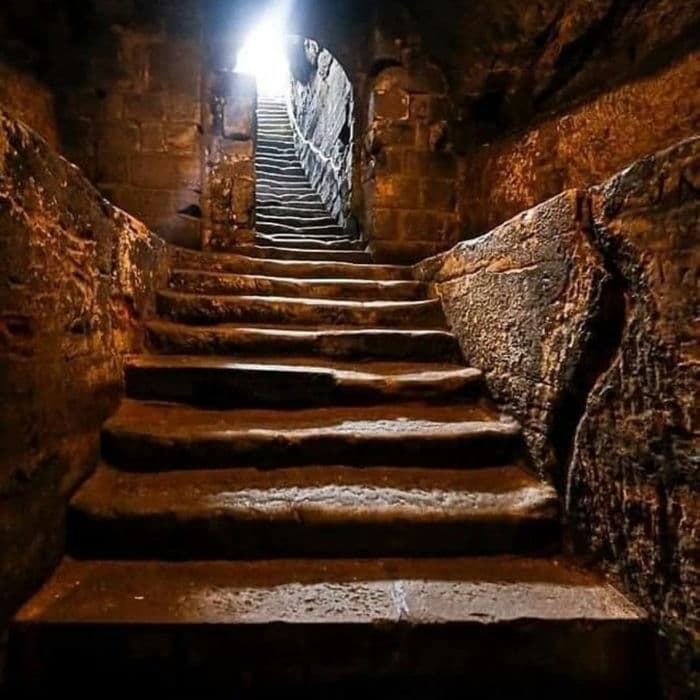
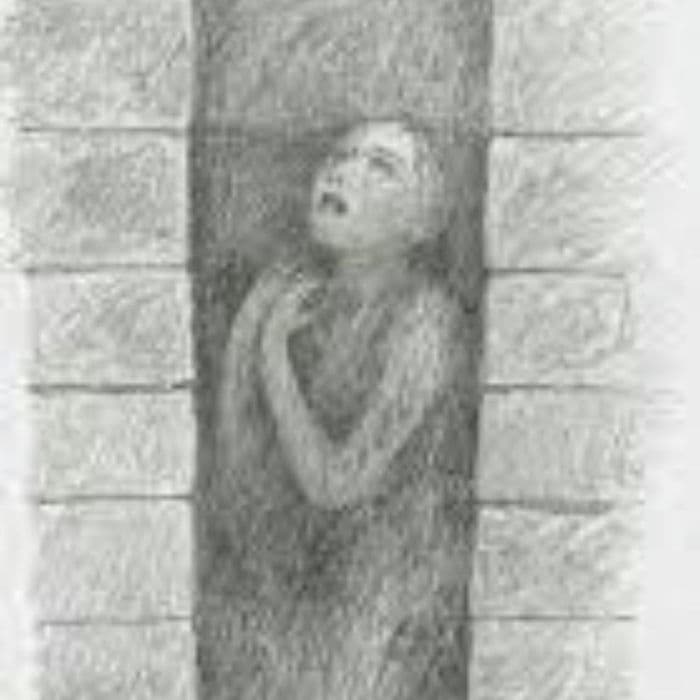
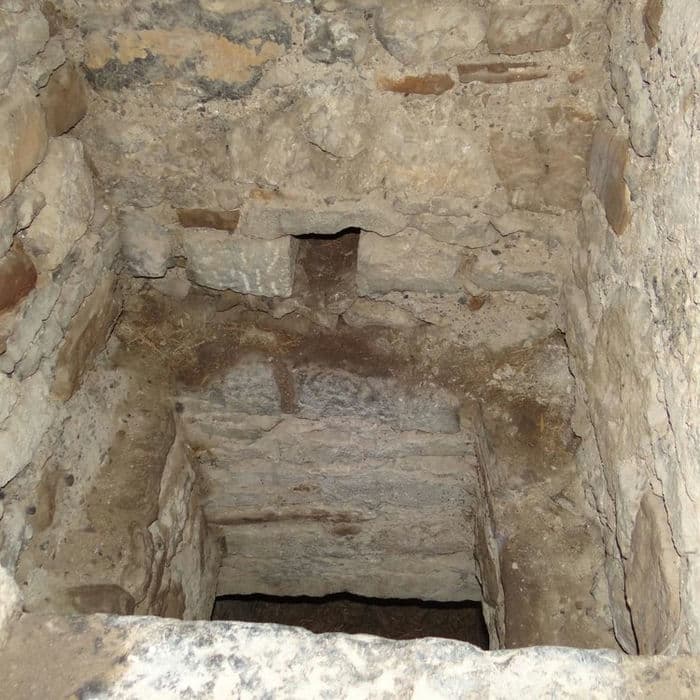
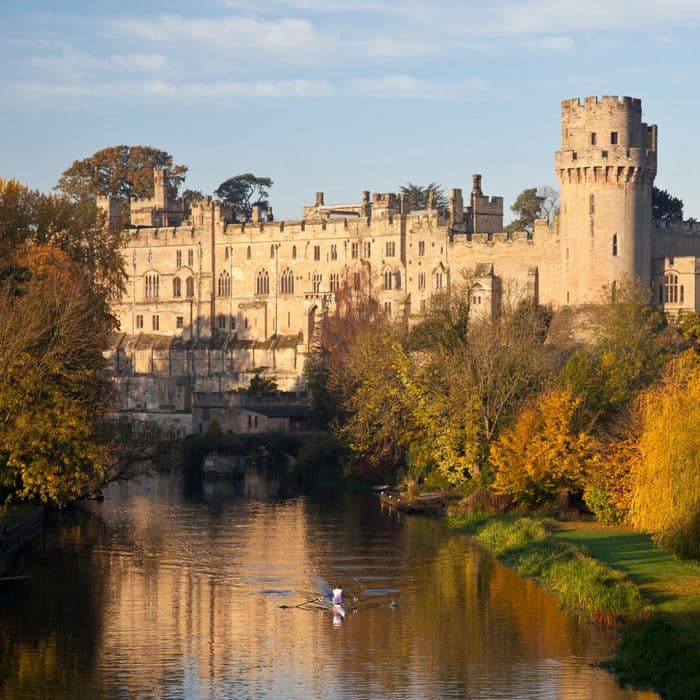
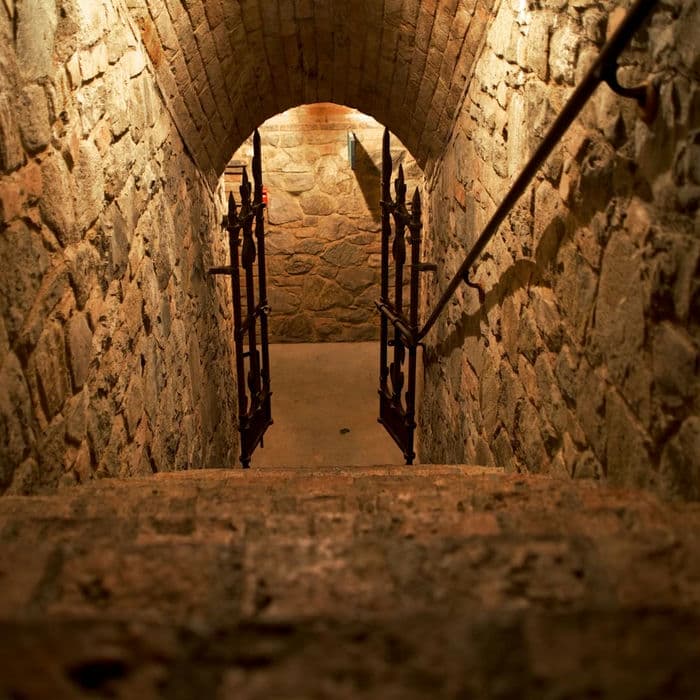
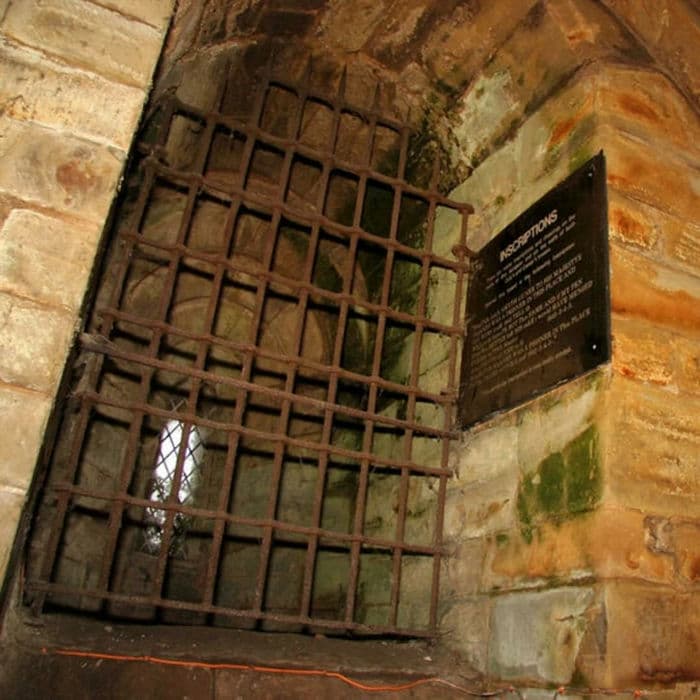
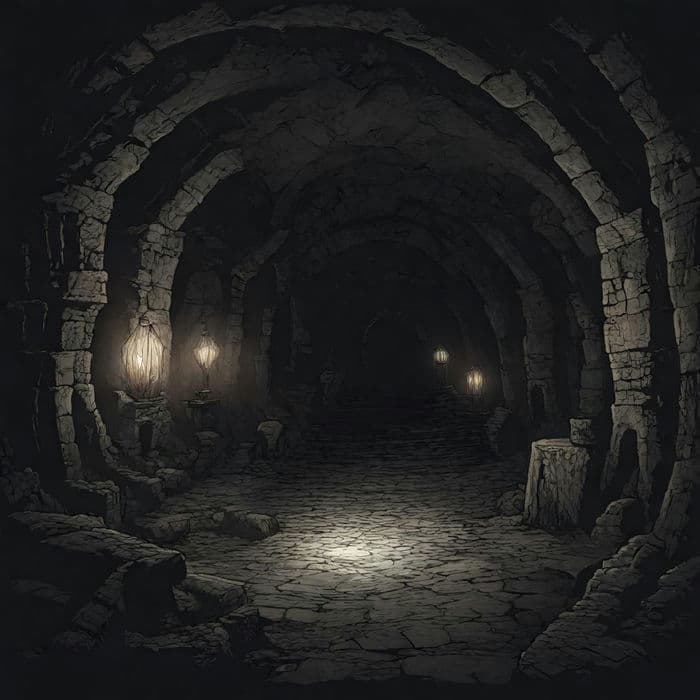
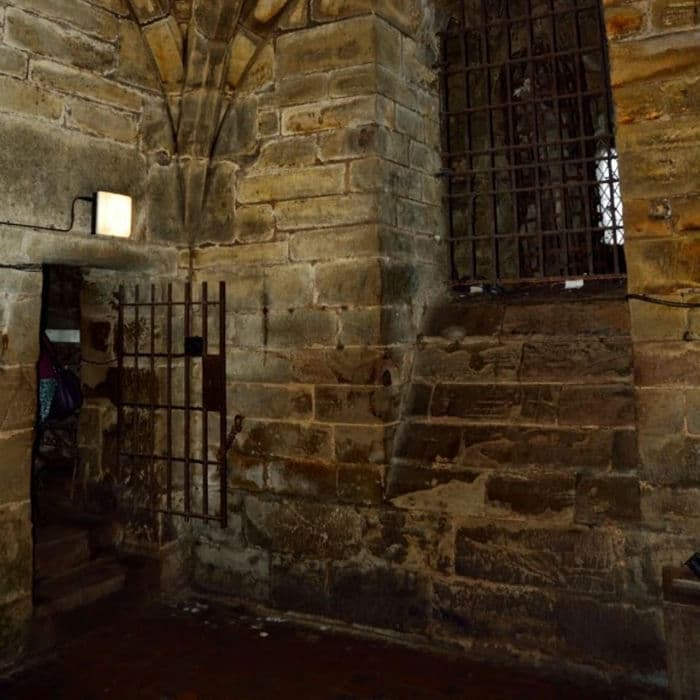
Practical Information
- Opening Hours:
- March 1 to June 30: Daily from 9:30 to 17:00
- July 1 to August 31: Daily from 9:30 to 18:00
- September 1 to October 31: Daily from 9:30 to 17:00
- November 1 to February 28: Monday to Saturday from 10:00 to 16:00
- Address: Warwick Castle, Warwick, CV34 4QU.
Warwick Castle’s dungeon, particularly the ominous oubliette, offers a harrowing glimpse into the past, showcasing the brutal conditions faced by medieval prisoners. Today, it stands as a testament to the castle’s rich history and continues to captivate visitors with its dark allure and historical significance. Whether you’re a history enthusiast or simply seeking a thrilling experience, Warwick Castle’s dungeon tours are a must-visit.
